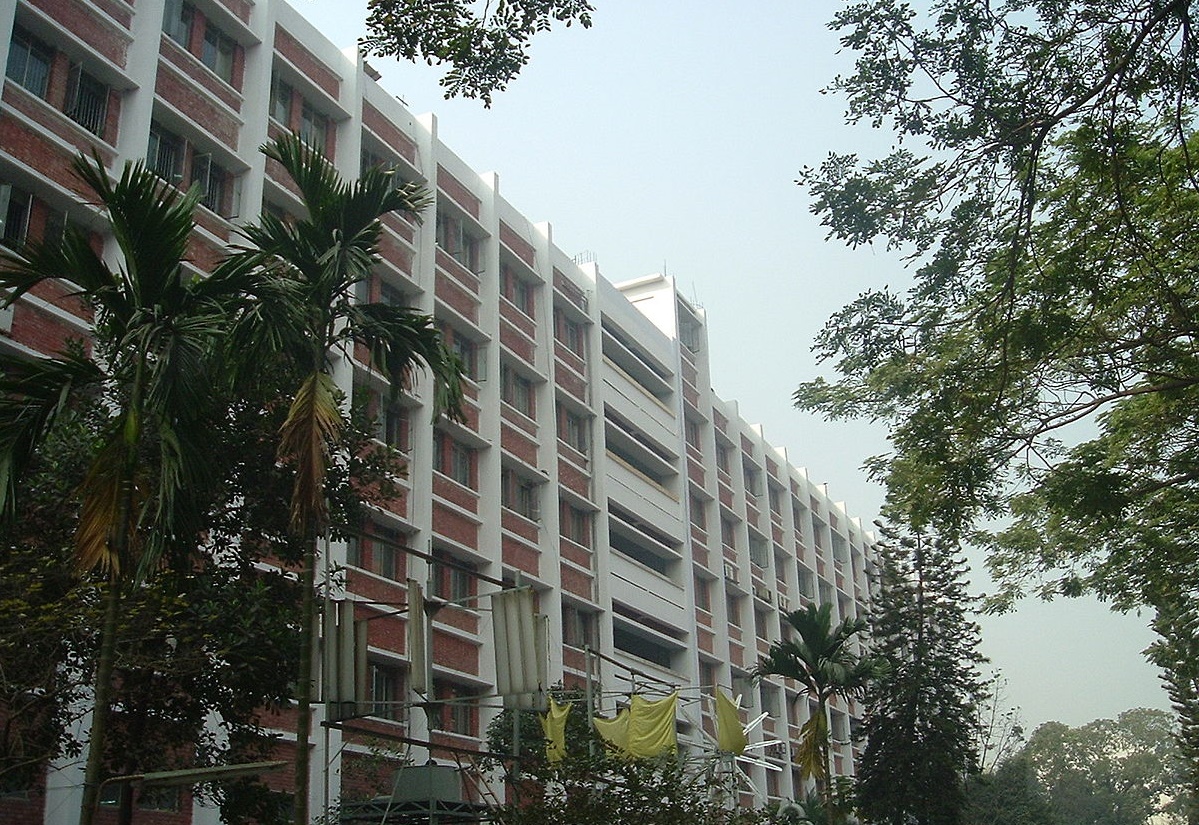Industrial and Production Engineering is an engineering discipline that is greatly valued internationally. It has been contributing enormously to the improvement of productivity and operations as well as the operating conditions of numerous organizations all over the world. In Bangladesh, the esteemed arena of Industrial and Production Engineering emanated from BUET in 1981 as a postgraduate program through the establishment of the department of IPE. In order to develop competent engineers with managerial capability for our industrial sectors, the department of IPE started enrolling 20 students at the undergraduate level in 1997. Later on, considering the growing demands of IPE graduates in different industrial sectors, the number of new students per batch was first increased to 30, then to 50 in the academic year 2017–18, and now to 120 in the academic year 2020–21.
About

Since its establishment, the department has been conducting vigorous research emphasizing manufacturing engineering, production technology, establishing expert systems, development of machines and instruments from locally available resources, development of local industries, improvement of efficiency and productivity, elimination of waste, quality control management, etc., making the study of IPE a successful amalgamation of engineering and management science.
The department also makes a continuous and conscious effort to bridge the gap between the industries of the country and the department. IPE education is heavily geared toward practical situations, and proper knowledge in this field cannot be obtained without adequate exposure to the industrial environment. For this reason, industrial attachment is taken as a compulsory credit course for the third-year students of the department. Manufacturing Processes, Product Design, Operations Research, Ergonomics and Safety Management, Supply Chain Management, Quality Management, Operations Management, Computer Integrated Manufacturing, Machine Tools, and other courses are available to students to help them expand their knowledge. The relationship between the department and the local industries is further strengthened through various programs such as seminars, conferences, training, and yearly events.
It is very necessary for any manufacturing industry and also service-providing enterprise to implement the concept of engineering and principles of management science. IPE engineers figure out how to do things better, they engineer processes and systems that improve quality and productivity.
The department also makes a continuous and conscious effort to bridge the gap between the industries of the country and the department. IPE education is heavily geared toward practical situations, and proper knowledge in this field cannot be obtained without adequate exposure to the industrial environment. For this reason, industrial attachment is taken as a compulsory credit course for the third-year students of the department. Manufacturing Processes, Product Design, Operations Research, Ergonomics and Safety Management, Supply Chain Management, Quality Management, Operations Management, Computer Integrated Manufacturing, Machine Tools, and other courses are available to students to help them expand their knowledge. The relationship between the department and the local industries is further strengthened through various programs such as seminars, conferences, training, and yearly events.
It is very necessary for any manufacturing industry and also service-providing enterprise to implement the concept of engineering and principles of management science. IPE engineers figure out how to do things better, they engineer processes and systems that improve quality and productivity.
Program Outcomes:
-
- Apply the knowledge of mathematics, science, engineering fundamentals and an engineering specialization to the solution of complex engineering problems.
- Identify, formulate, research and analyze complex engineering problems and reach substantiated conclusions using the principles of mathematics, the natural sciences and the engineering sciences.
- Design solutions for complex engineering problems and design system components or processes that meet the specified needs with appropriate consideration for public health and safety and of cultural, societal and environmental concerns.
- Conduct investigations of complex problems, considering experimental design, data analysis and interpretation and information synthesis to provide valid conclusions.
- Create, select and apply appropriate techniques, resources and modern engineering and IT tools, including prediction and modeling, to complex engineering activities with an understanding of their limitations.
- Apply reasoning informed by contextual knowledge to assess societal, health, safety, legal and cultural issues and the consequent responsibilities relevant to professional engineering practice.
- Understand the impact of professional engineering solutions in societal and environmental contexts and demonstrate the knowledge of and need for sustainable development.
- Apply ethical principles and commit to the professional ethics, responsibilities and the norms of the engineering practice.
- Function effectively as an individual and as a member or leader of diverse teams and in multidisciplinary settings.
- Communicate effectively about complex engineering activities with the engineering community and with society at large. Be able to comprehend and write effective reports, design documentation, make effective presentations and give and receive clear instructions.
- Demonstrate knowledge and understanding of engineering and management principles and apply these to one’s work as a team member or a leader to manage projects in multidisciplinary environments.
- Recognize the need for and have the preparation and ability to engage in independent, life-long learning in the broadcast context of technological change.
